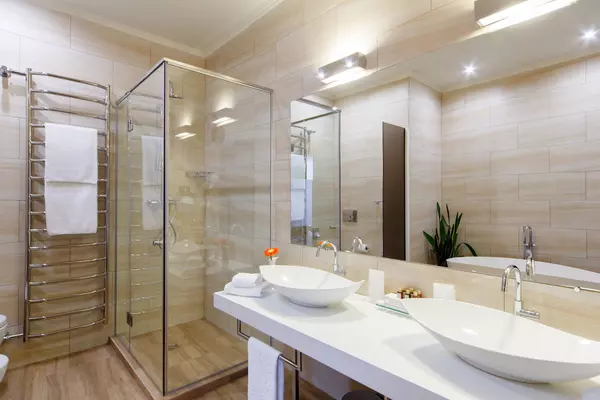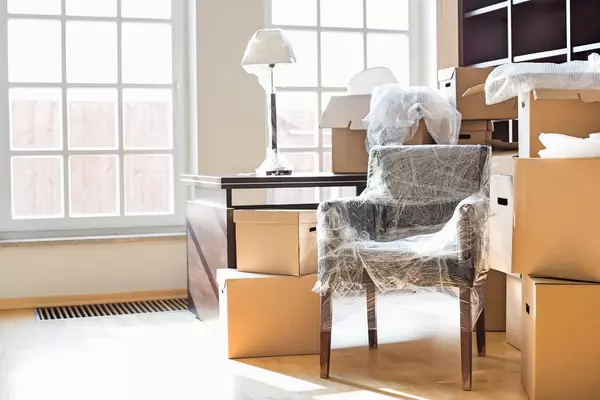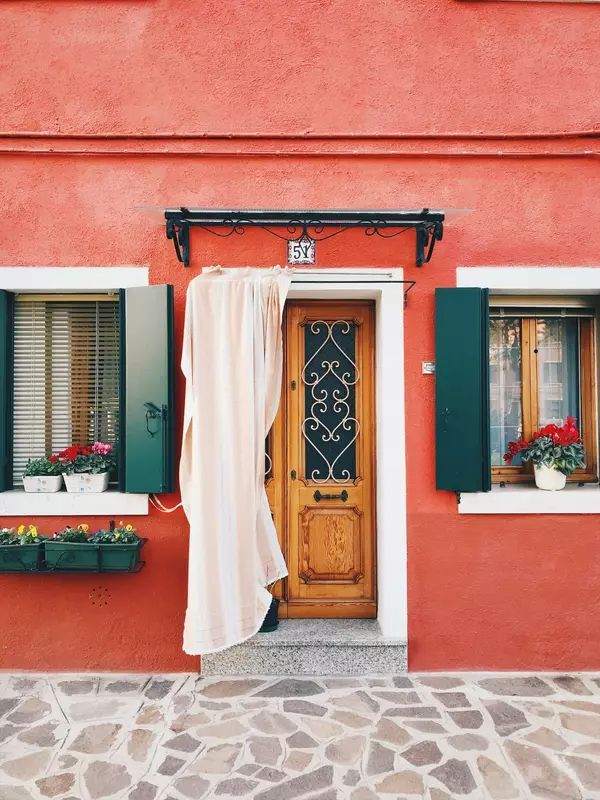
THE SELLER REJECTED YOUR OFFER - WHAT NOW?
The Seller Rejected Your Offer - What Now? Finding the right home is a serious process. Just like any other long term commitment, you’ve likely spent a great deal of time finding a home that you love and can picture yourself spending your life in. So what happens when you think you’ve found the righ

ENERGY SAVING TIPS THAT WILL LOWER YOUR BILLS
Temperatures are rising which means that your utility bills are likely on the rise too. With the average American spending around $200 a month on energy, most are looking for a way to decrease those prices in any way they can. Just not using air conditioning is an unrealistic option, so there are ot

WHAT YOU SAVE BY GETTING RID OF EXCESS STUFF BEFORE YOU MOVE
If you’re getting ready to move, whether you are trying to sell your home or you’ve already purchased a new one, one of the first things that tends to cause stress in the process is the fear of packing all of your stuff. Whether you’ve been in your current space for a few months or several years, yo
Categories
Recent Posts









